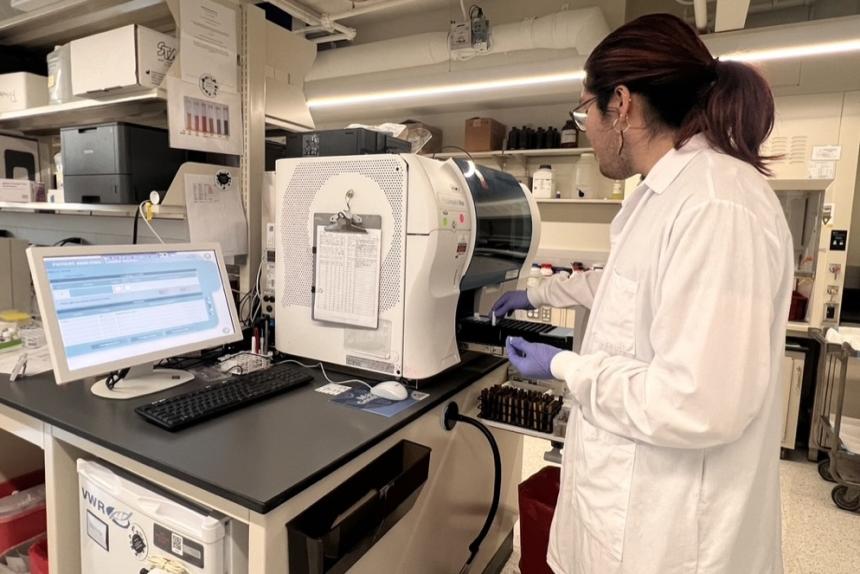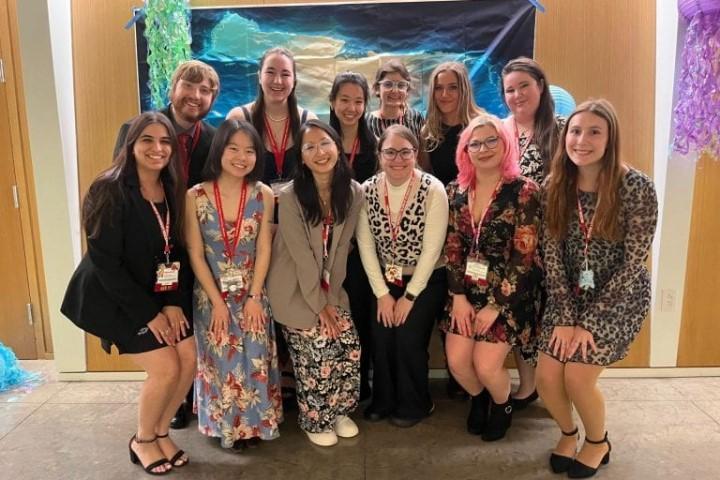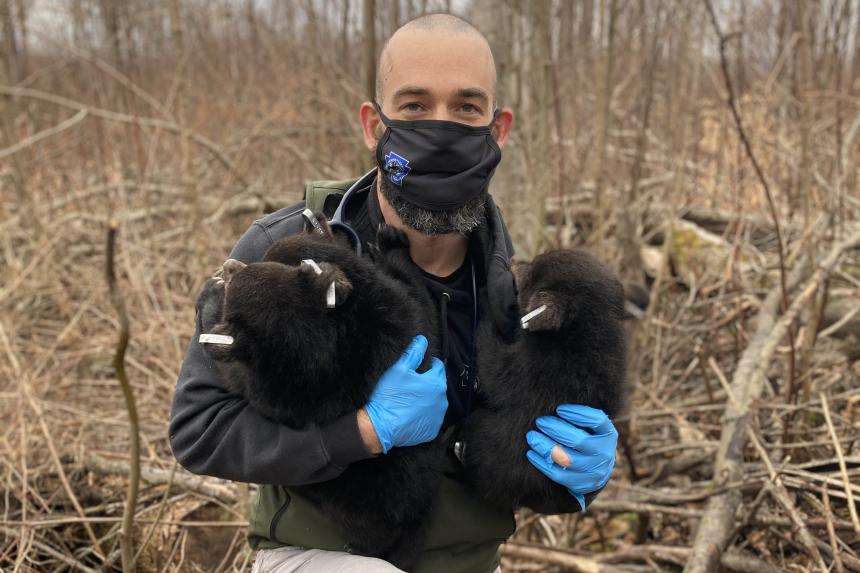In the News
News
June 25, 2025
Dr. Jessica Siegal-Willott ‘97, DVM ‘02, credits her training at Cornell University’s College of Veterinary Medicine with laying a strong foundation for her career, which spans clinical practice, conservation, and public service....

June 18, 2025
As a veterinary student interested in specializing in zoological medicine, I had the privilege of conducting research focused on investigating the effects of hetastarch on coagulation in Asian elephants...

June 04, 2025
The Special Species Symposium, hosted by the Cornell Zoo and Wildlife Society, united passionate individuals to dive into the world of zoo, wildlife, exotic, and conservation medicine.

News
February 11, 2025
Cornell alumna Susie Bartlett, DVM '03, takes us through her conservation journey, from being inspired by her father's work at the U.S. Fish and Wildlife Service to becoming a senior veterinarian at the Wildlife Conservation Society.
News
November 18, 2024
Dr. Eric Baitchman, DVM, DACZM, was drawn to a career in veterinary medicine at an early age. “Growing up, I was really lucky to know veterinarians,” he recalls. “My father worked at the University of Rochester, and he worked alongside Dr. Jeff Wyatt, the main veterinarian for the Seneca Park Zoo in Rochester, New York...

Blog
June 20, 2024
Last fall, Cornell alumnus Bill Konstant visited Cornell to share his exciting life experiences from around the world as a conservationist and gave a donation to support Cornell veterinary students seeking hands-on clinical experience at the Belize Zoo.

January 30, 2024
A transformational gift from philanthropist and Cornell alumna K. Lisa Yang ’74 will endow and rename the Cornell Wildlife Health Center as the Cornell K. Lisa Yang Center for Wildlife Health at the College of Veterinary Medicine.

News
February 08, 2023
Dr. Andrew Di Salvo had always been interested in wildlife and enjoyed being outdoors. He first considered a career in wildlife veterinary medicine while working as a park ranger in New York City before veterinary school....

November 15, 2022
Cornell veterinary students reflect on their experience this past summer in Cornell's International Experience in Wildlife Health and Conservation course, which provided hands-on learning in zoological and conservation medicine at the Belize Zoo.

News
July 28, 2022
For Cornell alumnus Zachary Dvornicky-Raymond, a career in conservation may have been an inevitability. An animal lover for as long as he can remember, Dr. Dvornicky-Raymond recalls, “as I grew up and was attending zoos and learning more about the world, I came to realize that all of the animals that I loved and was so interested in were disappearing. So I always knew I wanted to figure out a way to help them.”
